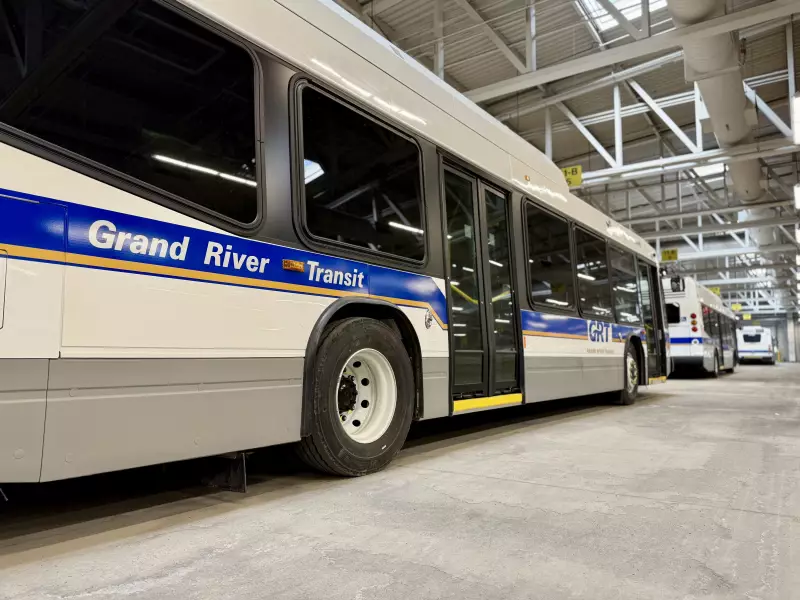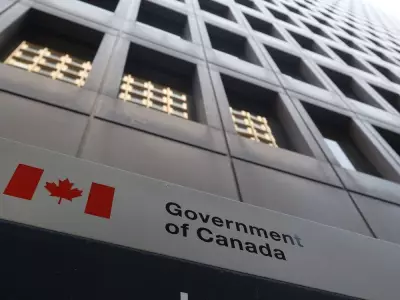
Waterloo Region taxpayers are facing a significant financial responsibility after regional councillors voted to address a multi-million dollar transit shortfall through municipal coffers.
The decision, made during a recent council meeting, means local residents will bear the burden of covering a $12.5 million deficit in the Grand River Transit system. This substantial gap emerged despite earlier projections that indicated the region would receive provincial funding under the Safe Restart Agreement.
Financial Reality Sets In
Regional Chair Karen Redman expressed disappointment in the outcome, noting that the funding landscape had shifted from initial expectations. "We were hopeful that the Safe Restart Agreement would cover these operational costs," Redman stated. "Unfortunately, the financial reality we face requires a different approach."
The approved plan will see the $12.5 million shortfall addressed through regional reserves, with the understanding that this amount will eventually be recovered from taxpayers through future property tax adjustments.
Councillor Concerns Surface
The decision didn't come without opposition. Several councillors voiced concerns about the precedent being set and the financial implications for residents already grappling with rising costs of living.
"This represents a significant shift in how we fund transit operations," one councillor noted during deliberations. "We need to be transparent with taxpayers about what this means for their future financial obligations."
Broader Implications for Public Transit
The situation in Waterloo Region reflects larger challenges facing public transportation systems across Ontario. Many municipalities are struggling with ridership numbers that haven't fully recovered to pre-pandemic levels, creating ongoing financial pressures.
Regional staff emphasized that while the immediate shortfall is being addressed, long-term solutions for sustainable transit funding need to be developed. The discussion highlighted the delicate balance between providing essential public services and managing taxpayer resources responsibly.
As the region moves forward, all eyes will be on how this decision impacts future budget discussions and whether alternative funding models can be developed to prevent similar situations from recurring.





